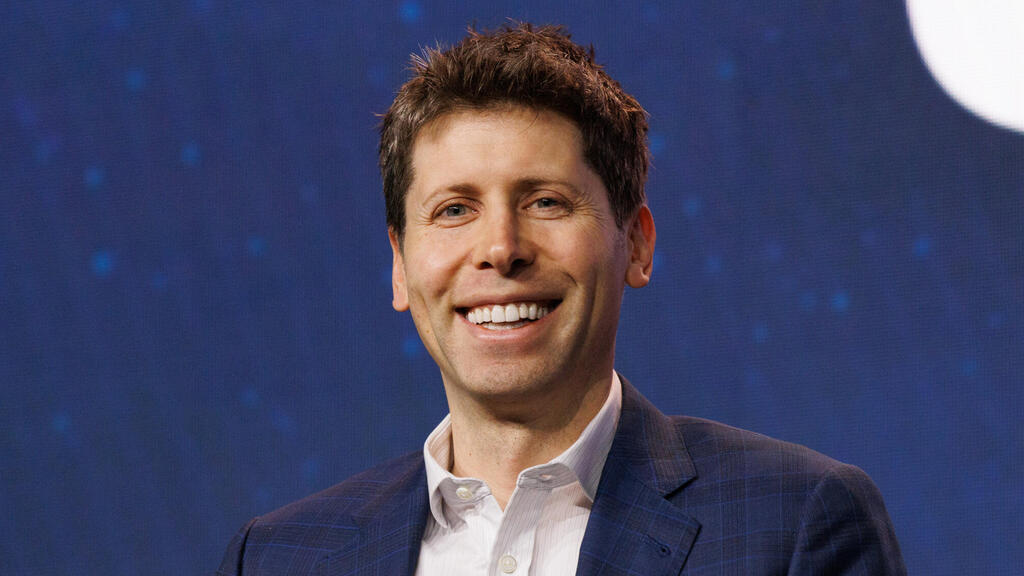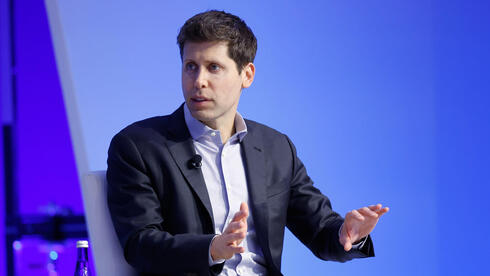
Analysis
8 insights on the OpenAI saga: Winners, losers, and the road ahead
Altman reinstated as CEO, new board members announced, but questions linger
Assuming that there will be no further surprises, the drama that has accompanied OpenAI in recent days can be put to rest. Five days after he was suddenly removed, the company announced the return of CEO and founder Sam Altman to his previous position and a parting with the board that planned his removal. Among other things, the new chairman will be the creator of Google Maps and CEO of Salesforce and former chairman of Twitter, Bret Taylor, and next to him on the board will be former U.S. Treasury Secretary Larry Summers.
But this does not mean that the whole affair disappeared as if it had never happened. Who won? Who lost? Who got stronger? What even happened there? What will happen now? How is Steve Jobs connected to the whole story? Here are eight insights on the end of the OpenAI saga.
1. Unnecessary or stupid?
It is difficult to determine whether the five-day saga surrounding Altman's removal and reinstatement is more unnecessary or more stupid. Seemingly unnecessary because in the end the company returned exactly to its starting point, with the same management team and the same employees, minus one board of directors. But there are also some valid arguments that the move was indeed stupid: the brief chaos opened a window for competitors to improve positions ahead of the continuation of the war, and the internal turmoil undermined the confidence of customers and the market in the company. The first task of Altman and the new board of directors should be to create a structure that will ensure that a similar move will not happen again and will allow stability and trust to be restored in the company.
2. Who paved the way back?
Apparently the ones who ultimately tipped the scales were the company's employees. The big money and disgruntled investors did not influence the board, which appointed Emmett Shear, former CEO of Twitch, to the position of CEO, and declared that Altman's time at the company was over. What happened next, one can assume, was not in the board's plans: Microsoft hired Altman to head up a new independent AI group, and guaranteed a place for any OpenAI employee who wanted it.
Indeed, 95% of OpenAI's approximately 770 employees signed a letter threatening to leave the company and join Altman at Microsoft if his dismissal was not reversed. The letter was signed by the most important senior figures and scientists at OpenAI, including co-founder and Chief Scientist Ilya Sutskever (who was a participant in the ousting of Altman), the VP of AI Mira Murati (who was appointed acting CEO upon the completion of the ouster, but only held the position for about two days) and COO Brad Lightcap (who after the impeachment sent a memo to employees defending the board's actions).
If the employees had carried out the threat, OpenAI would have turned into an empty shell, with a lot of intellectual property but without any possibility of using it - a death sentence for all intents and purposes. The solidarity of the employees with Altman and their faith in him and his vision for the company paved the way for his return. And although they have nothing to do with the move, labor organizations could not ask for a better advertisement for the importance of unionized labor.
3. What happened at the moment of truth?
OpenAI began its journey as a non-profit entity, and tried to maintain this spirit even when it moved to a more traditional capitalist model - an almost necessary move once it wanted to receive significant investments from traditional entities and be competitive in hiring employees (a profitable option package is a necessary benefit for many employees which a non-profit entity is unable to offer). It did this by building a board where most of the directors have no financial interest in the company, when even Altman himself does not own its shares. But at the moment of truth, in the confrontation between the profitless vision and capitalism, the side of money won. Was the board right when it fired Altman? It is possible, but what is important is not to be right, but to be rich. It is impossible to compete with the giants without adopting their rules of the game.
4. Who won?
The biggest winner from the affair is undoubtedly Microsoft. The company positioned itself as a winner even before Altman's return, when it guaranteed him a place with it and at the same time declared that it would maintain ties and cooperation with OpenAI. Microsoft is also the one who created the conditions that made possible the workers' revolt, which eventually paved the way for Altman's return to the company. Microsoft is now expected to get a seat on the new board of directors, which will deepen its direct influence on the company.
And it doesn't end there. Microsoft’s involvement in the process to bring Altman back, along with the hug and protective umbrella it gave him earlier, inevitably creates a certain dependence of Altman on Microsoft, or at the very least loyalty and gratitude on the part of Altman to Microsoft CEO Satya Nadella. Microsoft will now be able to have a deeper and more direct influence on what happens in OpenAI, to deepen the cooperation with it and strengthen the leverage of its products in order to increase its dominance in the field of artificial intelligence. As long as OpenAI prospers, Microsoft is expected to be the main beneficiary of the fruits of success.
5. How were the competitors affected?
The market and customers don't always have the patience to wait for the dust to settle. According to a Bloomberg report from Tuesday (hours before the announcement of Altman's return), Google recognized that the interest of customers and partners in its generative artificial intelligence applications is increasing, and likewise an AI startup called Cohere saw a "significant increase in the number of companies looking for new options."
According to the technology news site The Information, the startup Anthropic, one of OpenAI's biggest rivals, received inquiries from 100 new customers. There is no certainty that Altman's return will curb customers' interest in competitors, who at the very least will be interested in seeing if companies with fewer dramas that could form the basis of a Netflix series are also able to adequately meet their needs. Part of Altman's task now is to restore the trust of these customers, but it is not certain that it will be enough. It is possible that the customers will find that the alternatives are just as excellent, and maybe even cheaper.
Related articles:
6. Is there a resemblance to Steve Jobs?
Altman's ouster reminded many of another famous ouster of the founder of a successful company at the height of its power: the ouster of Steve Jobs from Apple in 1985 (technically Jobs resigned, but only after losing a power struggle to CEO John Sculley). Seemingly two charismatic founders who became the faces of their company and shaped it in their image found themselves on the outside when it was at the height of its success - Apple after the launch of the Macintosh, OpenAI after the unveiling of GPT-4, ChatGPT and other products.
But there are some fundamental differences between the two. From a financial point of view, the Macintosh was a failure, and Jobs, despite his charisma, was unable to gain the power to consolidate his position at Apple, and did not garner enough sympathy so that employees would threaten a rebellion. On the other hand, after his departure, Apple lost its vision and entered a decade and a half that brought it to the brink of bankruptcy, until Jobs was brought back to the company and saved it from itself. This lesson may have been among the factors that led to the board's surrender.
7. What the hell happened there?
So what exactly happened between Altman and the board? Close to the ouster, the company's Chief Operating Officer, Brad Lightcap, sent a memo to the employees in which he stated that the ouster was not the result of "malfeasance or anything related to our financial, business, safety, or security/privacy practices," but of "a breakdown in communication between Sam and the board". The board of directors spoke of Sam's behavior and the lack of transparency in their interactions with him that harmed the ability to effectively supervise the company. These are rather vague statements that do not clarify what Altman did that required his immediate removal, seemingly without any attempt to reconcile. Now someone has to provide the answers - and they better be good.
8. And what now?
Altman's return does not yet herald a return to normality at OpenAI. The shocks will not soon be forgotten, and it is necessary to rebuild the control and supervision mechanisms in the company to ensure that such a drama will not be repeated, but also not to create fear that Altman and his close circle will have unsupervised power. And even after this happens, it is not certain that OpenAI will continue to operate with the same success that characterized it until now. The crisis and wounds may be too deep to heal.
